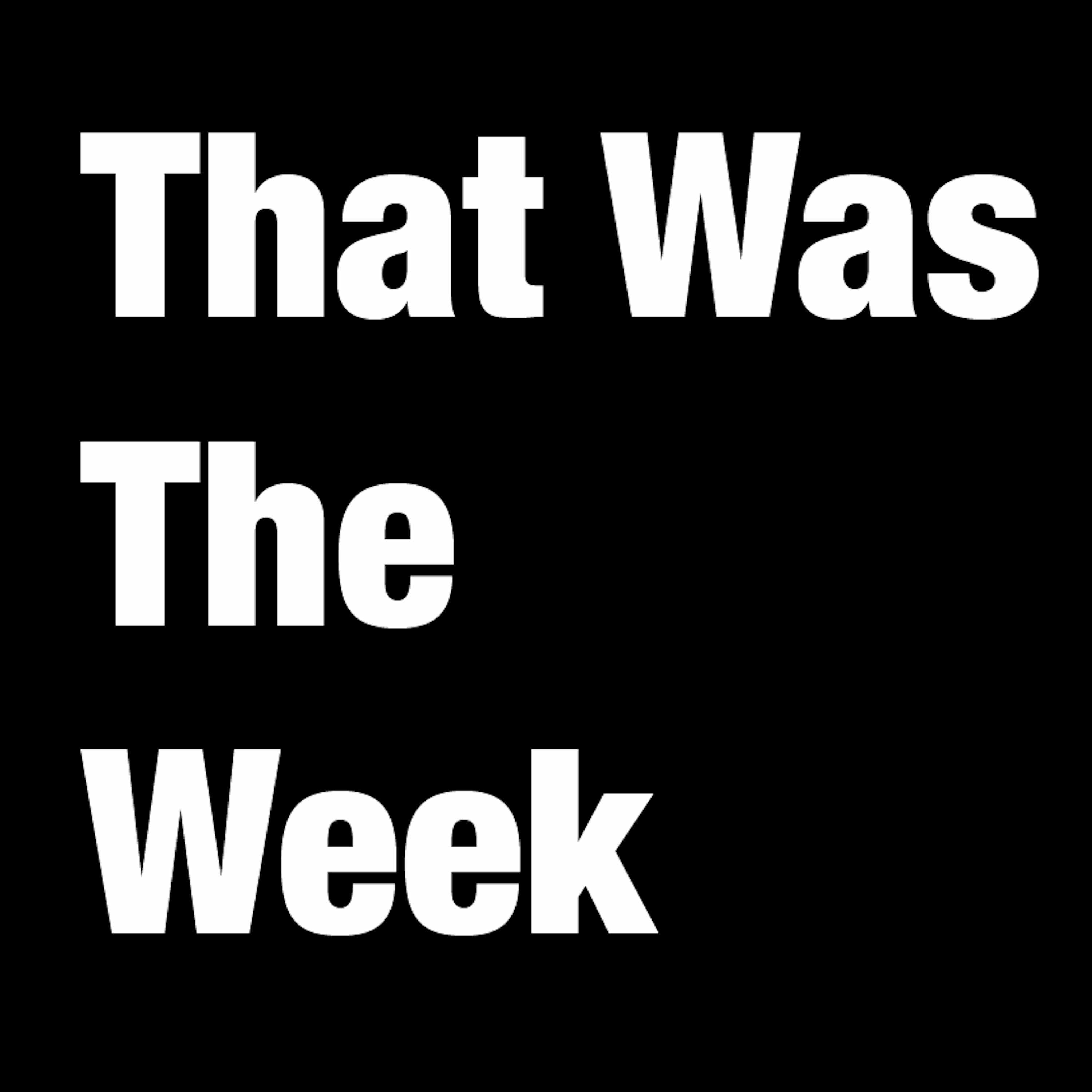DOJ - Shame on Us
Description
Lawmakers Ignoring The Law
In her influential 2017 Yale Law Journal article, "Amazon's Antitrust Paradox," Lina Khan argues that the current antitrust framework, which primarily focuses on consumer welfare and price effects, fails to capture the full range of anticompetitive practices employed by digital platforms like Amazon. She suggests that the Sherman Act and other antitrust laws may need to be reinterpreted or updated to address these companies' specific challenges from an anti-trust point of view.
Khan writes,
"The current framework in antitrust—specifically its pegging competition to 'consumer welfare,' defined as short-term price effects—is unequipped to capture the architecture of market power in the modern economy."
She argues that focusing primarily on price effects overlooks other ways digital platforms can harm competition, such as by leveraging their dominance across multiple markets or using their control over data to create barriers to entry.
While Khan does not explicitly state that the Sherman Act is inadequate, her arguments suggest that the current interpretation and application of antitrust laws, including the Sherman Act, may not be sufficient to address the challenges posed by Big Tech. Her work has contributed to a broader discussion about updating antitrust enforcement for the digital age. But the harsh truth is - she cannot use current Law because her targets are not breaking it.
The DOJ complaint that Apple is a monopoly (not a crime) and abusing its monopoly power fails if the Sherman Act is relied upon to judge criminality. Although the FTC is not bringing the case—it is run by Lina Khan—the DOJ is clearly on the same page as she is in bringing it. In July 2023, I argued, “Khan and Gensler Should be Fired.” The case for that is now even more convincing.
As Jason Snell from Six Colors argues:
Defining a “monopoly.” Before we get to some of the details of Apple’s specific anti-competitive behavior, it’s worth noting that this suit is charging Apple with violations of the Sherman antitrust act, which is meant to specifically regulate monopolies. Things that are legal for regular companies to do become illegal when monopolies do them.Part of this document, then, has to establish that Apple holds monopoly power over a specific market. Given that Apple’s share of the U.S. smartphone market is about 60 percent, how can it be called a monopoly? The DoJ attempts to square this circle in a few different ways: It uses revenue instead of unit sales, pointing out that Apple and Samsung combined hold 90 percent of the U.S. smartphone market by revenue. It creates a new sub-market, the “Performance Smartphone,” which pushes Apple up to about 70 percent of the market in terms of unit sales. It accuses Apple of attempting to create a monopoly through its various business tactics, which is also illegal.Questions I would ask about this approach: Can you add in Samsung, find a number starting in ninety, and declare something a monopoly? Is revenue share how monopolies are defined? Can you draw borders on a product category in a beneficial way in order to declare it a new market?Apple’s position in the U.S. market is certainly strong, but regardless of how you view its behavior, it will be interesting to see if the DoJ can make a convincing case that Apple is actually a monopoly, given the presence of Samsung and Google in the market. Jason Snell, six colors
Because the law does not provide a solid case against Apple, the DOJ is attempting to redefine the meaning of words to allow its case. This alone should be sufficient evidence that the complaint is a political, not a criminal, decision. The case will fail before a judge and jury, and Apple’s response indicates it plans to fight.
Renowned former journalist Walt Mossberg had this to say on Threads:
https://www.threads.net/@mossbergwalt/post/C41RaBuvrC0
And Steven Sinofsky - his article is below - gives a damning appraisal of the DOJs
More Episodes
Congratulations to this week’s chosen creators: @sama, @openai, @om, @krishnanrohit, @peternixey, @eringriffith, @AndreRetterath, @ry_paddy, @cutler_max, @Kantrowitz, @PranavDixit, @ttunguz, @geneteare, @sarahfielding_, @carlfranzen
Contents
* Editorial: Eyes, Ears, Hands, and Mouth
* Essays of...
Published 05/18/24
Published 05/18/24
A reminder for new readers. That Was The Week includes a collection of my selected readings on critical issues in tech, startups, and venture capital. I selected the articles because they are of interest to me. The selections often include things I entirely disagree with. But they express common...
Published 05/10/24


